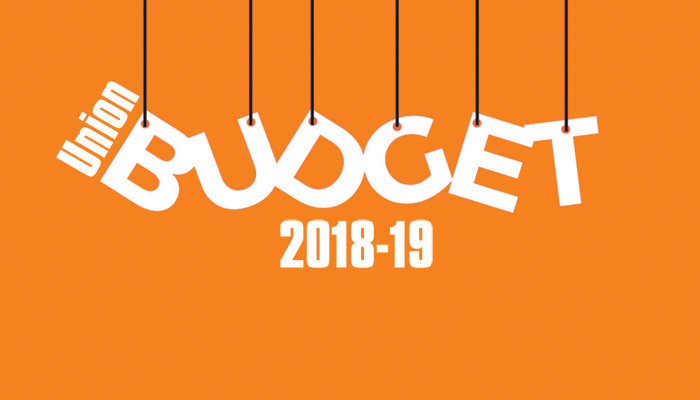Fitch Solutions raised India’s fiscal deficit forecast to 3.6 per cent of the gross domestic product (GDP) for the current fiscal from the earlier 3.4 per cent due to weak revenue collections resulting from sluggish economic growth and government’s sweeping corporate tax rate cut. The Indian Government’s fiscal deficit target is 3.3 per cent.
Fitch said it has revised the forecast as revenue collection is likely to fall far short of the projections in the 2019-20 budget due to weak collections in goods and services tax (GST) and corporate income tax amid no intention to reduce fiscal spending.
The government on September 20, had announced that it would be slashing corporate income taxes for domestic companies to 22 per cent from 30 per cent previously. This would bring effective corporate tax rate, including all additional levies, to about 25.2 per cent, for companies which are not receiving any incentives or exemptions. New manufacturing companies formed after October 1, will enjoy a 15 per cent (effective rate of 17 per cent) corporate income tax rate, versus 25 per cent previously
The move is estimated to result in Rs. 1.45 lakh cr in revenue loss for the government during fiscal 2019-20, said Fitch, which revised its revenue growth forecast to 8.3 per cent (from 13.1 per cent previously), which is significantly below the government’s budget projection of a 13.2 per cent growth, according to a report.
As corporate tax accounts for 28 per cent of total receipts, the sharp reduction in tax rates will drag heavily on revenue collection. “Separately, we expect weak private consumption growth to weigh on GST collection and this is already being reflected in the growing shortfall in GST collections thus far in FY2019-20,” the rating agency said.
Besides, private consumption growth more than halved to 3.1 per cent year-on-year in the first quarter of this fiscal from 7.2 per cent year-on-year in the last quarter of 2018-19, largely due to the collapse of the Infrastructure Leasing & Financial Services Ltd (IL&FS) in September 2018, it added.
The IL&FS’s default amid fraud allegations also caused a credit crunch for industry rivals and a subsequent surge in their borrowing costs. This saw non-banking financial companies significantly cut back on lending activity in the months that followed which resulted in six consecutive months of year-on-year contractions in vehicle sales from March-September 2019.









